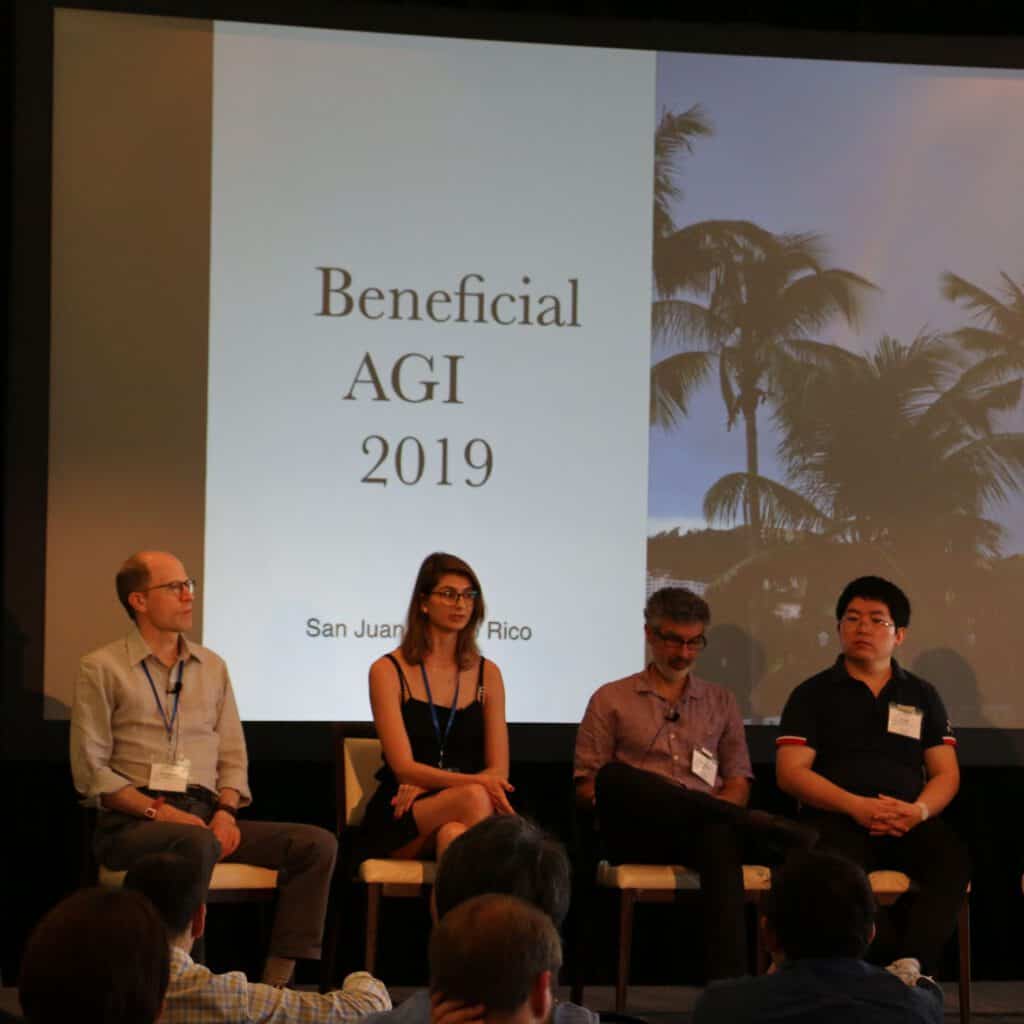Reducing the Dangers of Nuclear War
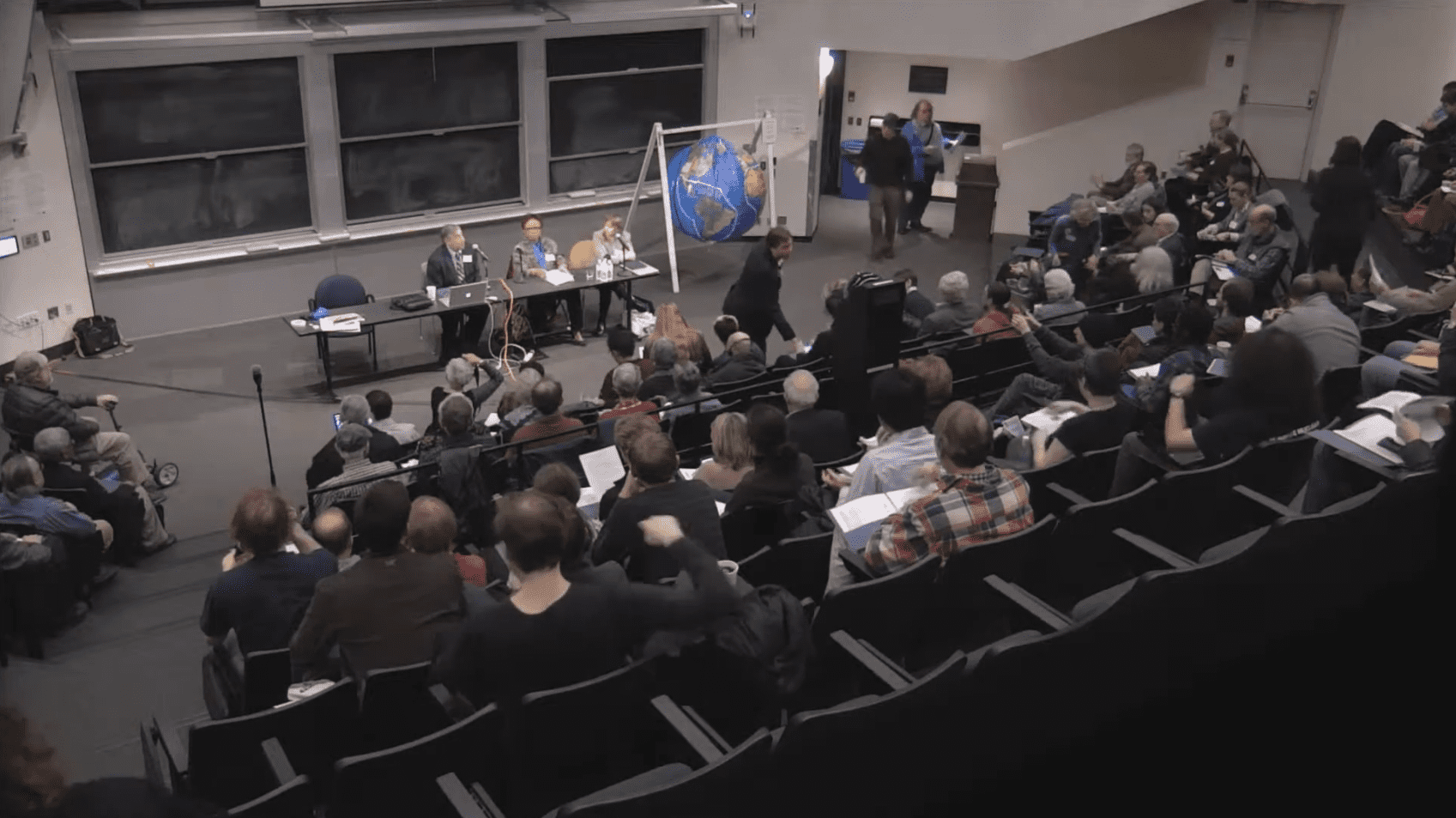
Contents
Spring Conference at MIT, Saturday, April 2, 2016
Even though we have way more nuclear weapons than necessary to deter an enemy attack, we’re planning to spend 4 million dollars every hour for the next 30 years to upgrade our nuclear arsenal, which arguably makes us less safe by increasing the risk of accidental nuclear war. Please join a who’s who of researchers and thought-leaders to get the latest scoop and brainstorm with us about how to put this money to better use. MIT is a perfect place for this thanks to the long legacy of nuclear disarmament work by MIT faculty including Vicki Weisskopf, Philip Morrison, Herman Feshbach, Randall Forsberg, Bernard Feld, Henry Kendall, Kosta Tsipis, Aron Bernstein, Jonathan King and George Rathjens.
Schedule
9:00 AM – Registration
(video – introductory remarks from the following three speakers.)
9:15 AM – Welcome from City of Cambridge: Mayor Denise Simmons
9:25 AM – Welcome from MIT: Vice-President Maria Zuber (MIT)
9:35 AM – (pdf) Program for the Day: Prof. Jonathan King (MIT, Peace Action)
9:45 AM – I. Direct Effects of Nuclear Weapons Deployment and Use
– (video) Consequences of a Megaton Explosion over Boston – Dr. Ira Helfand, (Physicians for Social Responsibility).
– (video, pdf) Climate Consequences of Nuclear War: Prof. Alan Robock, (Environmental Science, Rutgers U).
– (video, pdf) Nuclear Weapons Undermine Democracy: Prof. Elaine Scarry, (Harvard University).
10:45 AM – II. Destabilizing Factors
Chair: Subrata Ghoshroy (MIT)
– (video, pdf) Dangers of Hair Trigger Alert: Lisbeth Gronlund (Union of Concerned Scientists).
– (video, pdf) International Tensions and Risks of further Nuclear Proliferation – Joseph Gerson (AFSC).
– (video, pdf) Nuclear Modernization Reduces Our Security – Prof. Aron Bernstein (MIT, Council for a Livable World).
– (video, pdf) Accidents and Unexpected Events – Prof. Max Tegmark (MIT, Future of Life Institute).
Noon – Pick up lunches and proceed to workshops.
12:30 PM – III. Practical Workshops
a) Intro to Nuclear Weapons – Fission and Fusion Weapons; Cold War Escalation; Proliferation and Non-Proliferation (Rm 34-304; elevator to 3rd floor) – Chair: Prof. Aron Bernstein (MIT), Dr. Subrata Ghoshroy (MIT), Shelagh Foreman (Mass Peace Action); David Rothauser (Playwright).
b) Engaging students and their teachers in nuclear disarmament initiatives – Chair: Caitlin Forbes (Peace Action); Abel Corver (Harvard Peace Action), Gary Goldstein (Tufts U), Lucas Perry (BC, Future of Life).
c) Strengthening the connection between efforts to avert climate change and efforts to avert nuclear war – Guntram Mueller (Peace Action); Geoffrey Supran (MIT Climate Action); Prof. Alan Robock (Rutgers U), Sue Donaldson (350MA).
d) No to the Trillion Dollar Nuclear Weapons Triad Modernization – Chair: Elaine Scarry (Harvard Univ.); Erica Fein (WAND/WILL); Joe Cirincione (Ploughshares Fund); Cole Harrison (Mass Peace Action).
e) Reducing international tensions through treaties and negotiation – Chair: Prof. Nazli Choucri (MIT), David Wright (UCS), Sonja Amadae (Univ. of Helsinki).
f) People’s budget campaign to cut the nuclear weapons spending – Paul Shannon (AFSC); John Ratliff (Mass Senior Action); Jay Livingstone (Mass State Representative).
g) Building the de-alerting campaign – Mary Popeo (Global Zero); Lisbeth Gronlund (UCS).
1:45 PM Workshops Adjourn
2:00 PM – IV. Mobilizing to Reduce the Dangers
Chair: Cole Harrison (Mass Peace Action):
– (video, pdf) Social and Economic Costs of Nuclear Weapons : Prof. Jonathan King, (MIT and Peace Action).
– (video, pdf) Divesting from Nuclear Weapons Investments: Susi Snyder (Don’t Bank on the Bomb).
– (video) Cambridge Nuclear Weapons Disinvestment Policy: Mayor Denise Simmons.
3:00 PM – V. Current Prospects
Chair: Max Tegmark (MIT and the Future of Life Institute)
– (video) The Necessity of Nuclear Disarmament – William Perry (Former Secretary of Defense).
– (video) Stopping the $Trillion Nuclear Triad Upgrade – Joe Cirincione (Ploughshares Fund).
4:00 PM – VI. Closing Panel
(Video) Moderated by Max Tegmark (MIT): Joe Cirincione (Ploughshares Fund), Charles Ferguson (FAS), Gary Goldstein (Tufts), Mary Pompeo (Global Zero), William Perry, Susi Snyder (Don’t Bank on the Bomb), Max Tegmark (MIT), and Frank Wilczek (MIT)
5:00 PM – Adjourn
Address
50 Vassar St. Building #34 Rm 101
Cambridge, Massachusetts, 02139
Directions
By Red Line: Exit the Kendall Square Red Line Station and walk west (away from Boston) past Ames Street to Vassar Street. Turn left and walk halfway down Vassar to #50 MIT building 34 (broad stairs, set back entrance).
By #1 Bus: Exit in front of MIT Main Entrance. Walk 1/2 block back on Mass Ave to Vassar Street. Turn right and walk half block to #50 MIT Building 34 (broad stairs, set back entrance).
By car: Public Parking Structures are available nearby on Ames Street, between Main and Broadway. A smaller surface lot is on the corner of Mass Ave and Vassar St.
Participants
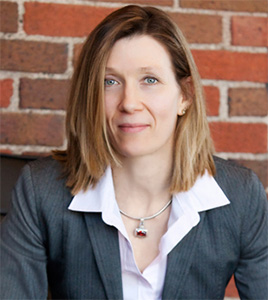
Sonja Amadae – S.M. Amadae studies contemporary normative theory, philosophy of public policy, human rights, philosophy of social science, history of political thought, science, technology and society, international relations and security, and American politics.
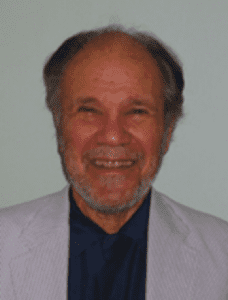
Aron Bernstein – Bernstein is a Professor of Physics Emeritus at MIT where he has been on the faculty since 1961. He has taught a broad range of physics courses from freshman to graduate level. His research program has been in nuclear and particle physics, with an emphasis on studying the basic symmetries of matter, and currently involves collaborations with University and government laboratories, and colleagues in many countries.
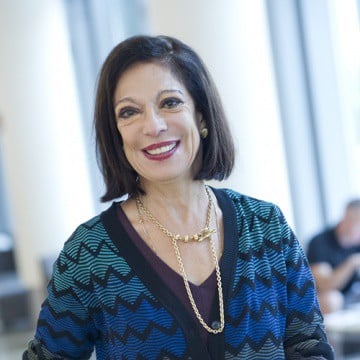
Nazli Choucri – Nazli Choucri is Professor of Political Science. Her work is in the area of international relations, most notably on sources and consequences of international conflict and violence. Professor Choucri is the architect and Director of the Global System for Sustainable Development (GSSD), a multi-lingual web-based knowledge networking system focusing on the multi-dimensionality of sustainability. As Principal Investigator of an MIT-Harvard multi-year project on Explorations in Cyber International Relations, she directed a multi-disciplinary and multi-method research initiative. She is Editor of the MIT Press Series on Global Environmental Accord and, formerly, General Editor of the International Political Science Review. She also previously served as the Associate Director of MIT’s Technology and Development Program.
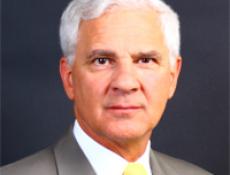
Joseph Cirincione – Cirincione is president of Ploughshares Fund, a global security foundation. He is the author of the new book Nuclear Nightmares: Securing the World Before It Is Too Late, Bomb Scare: The History and Future of Nuclear Weapons and Deadly Arsenals: Nuclear, Biological and Chemical Threats. He is a member of Secretary of State John Kerry’s International Security Advisory Board and the Council on Foreign Relations.
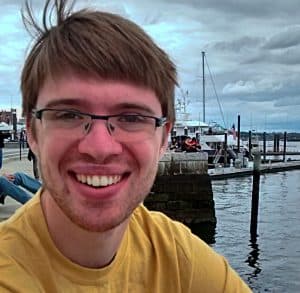
Abel Corver – Corver is a senior at Harvard College, studying linguistics and neurobiology. He is a member of Massachusetts Peace Action and current president of Harvard College Peace Action (HCPA). HCPA is a student-run group at Harvard currently organizing around nuclear disarmament.

Sue Donaldson – Donaldson, M.D., gave up practicing medicine in 2015 to become a full-time climate activist. Formerly the Medical Director of Outpatient Psychiatry at Hallmark Health in Medford, she has been volunteering with 350MA in a variety of roles since 2013. Her previous experience with nonprofits was in human services and mental health advocacy. She is a graduate of Harvard College and completed her medical training at Massachusetts General Hospital.
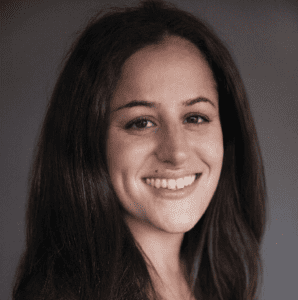
Erica Fein – Fein is WAND’s Nuclear Weapons Policy Director. In this capacity, she works with Congress, the executive branch, and the peace and security community on arms control, nonproliferation, and Pentagon and nuclear weapons budget reduction efforts. Previously, Erica served as a legislative assistant to Congressman John D. Dingell where she advised on national security, defense, foreign policy, small business, and veterans’ issues. Erica’s commentary has been published in the New York Times, Defense One, Defense News, The Hill, and the Huffington Post. She has also appeared on WMNF 88.5 in Tampa. Erica holds a M.A in International Security from the University of Denver’s Josef Korbel School of International Studies and a B.A. in International Studies from University of Wisconsin – Madison. She is a political partner at the Truman National Security Project. Erica can be found on Twitter @enfein.

Charles Ferguson – Ferguson has been the president of the Federation of American Scientists since January 1, 2010. From February 1998 to August 2000, Dr. Ferguson worked for FAS on nuclear proliferation and arms control issues as a senior research analyst. Previously, from 2002 to 2004, Dr. Ferguson had been with the Monterey Institute’s Center for Nonproliferation Studies (CNS) as its scientist-in-residence. At CNS, he co-authored the book The Four Faces of Nuclear Terrorism and was also lead author of the award-winning report “Commercial Radioactive Sources: Surveying the Security Risks,” which was published in January 2003 and was one of the first post-9/11 reports to assess the radiological dispersal device, or “dirty bomb,” threat. This report won the 2003 Robert S. Landauer Lecture Award from the Health Physics Society. From June 2011 to October 2013, he served as Co-Chairman of the U.S.-Japan Nuclear Working Group, organized by the Mansfield Foundation, FAS, and the Sasakawa Peace Foundation. In May 2011, his book Nuclear Energy: What Everyone Needs to Know was published by Oxford University Press. In 2013, he was elected a Fellow of the American Physical Society for his work in educating the public and policy makers about nuclear issues. Dr. Ferguson received his undergraduate degree in physics from the United States Naval Academy in Annapolis, Maryland, and his M.A. and Ph.D. degrees, also in physics, from Boston University in Boston, Massachusetts.
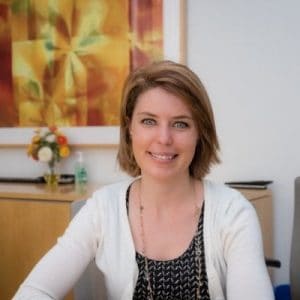
Caitlin Forbes – Forbes is the Student Outreach Coordinator for Massachusetts Peace Action, a nonpartisan, nonprofit organization working to develop peaceful US policies. Before beginning her work with MAPA, Caitlin gained a strong background with students through her work as an instructor of first year literature at the University of Connecticut and as the assistant alpine ski coach for Brown University. Caitlin has received both her B.A. and her M.A. in Literature and focused her work on the intersection between US-Middle Eastern foreign policy and contemporary American literature.
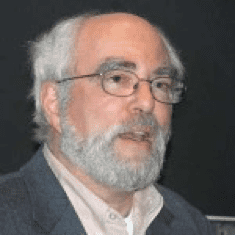
Joseph Gerson – Gerson has served the American Friends Service committee since 1976 and is currently Director of Programs and Director of the Peace and Economic Security Program for the AFSC in New England. His program work focuses on challenging and overcoming U.S. global hegemony, its preparations for and threats to initiate nuclear war, and its military domination of the Asia-Pacific and the Middle East.
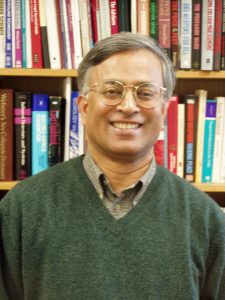
Subrata Ghoshroy – Ghoshroy is a research affiliate at the Massachusetts Institute of Technology’s Program in Science, Technology, and Society. Before that, he was for many years a senior engineer in the field of high-energy lasers. He was also a professional staff member of the House National Security Committee and later a senior analyst with the Government Accountability Office.
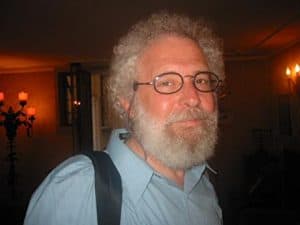
Prof. Gary R. Goldstein is a theoretical physicist, specializing in high energy particle physics and nuclear physics. As a researcher, teacher and a long time member of Tufts Physics and Astronomy Department, he taught all levels of Physics course along with courses for non-scientists including Physics for Humanists, The Nuclear Age: History and Physics (with Prof. M. Sherwin – History), Physics of Music and Color. He is a political activist on nuclear issues, social equity, anti-war, and environmentalism. He spent several years working in the Program for Science, Technology and International Security and at University of Oxford Department of Theoretical Physics. He was also a Science Education researcher affiliated with the Tufts Education department and TERC, Cambridge, working with K-12 students and teachers in public schools. He is a member of the board of the Mass Peace Action fund for education. Over many years he has been giving talks for a general audience about the dangers of nuclear weapons and war.
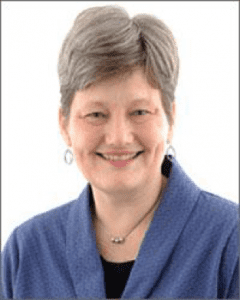
Lisbeth Gronlund – Gronlund focuses on technical and policy issues related to nuclear weapons, ballistic missile defenses, and space weapons. She has authored numerous articles and reports, lectured on nuclear arms control and missile defense policy issues before lay and expert audiences, and testified before Congress. A long list of news organizations, including the New York Times and NPR, have cited Gronlund since she joined UCS in 1992.
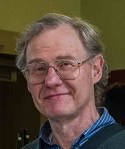
Cole Harrison – Cole is Executive Director of Massachusetts Peace Action. He was on the coordinating committee of the 2012 Budget for All Massachusetts campaign, co-coordinates the People’s Budget Campaign, and leads Peace Action’s national Move the Money Working Group. He is a member of the planning committee of United for Justice with Peace (UJP) and coordinated the Afghanistan Working Group of United for Peace and Justice (UFPJ) from 2010 to 2012. Born in Delhi, India, he has a B.A. from Harvard in applied mathematics and a M.S. from Northeastern in computer science. He worked for the Symphony Tenants Organizing Project and the Fenway News in the 1970?s, participated in the Jamaica Plain Committee on Central America (JP COCA) in the 1980s, and worked as a software developer and manager at CompuServe Data Technologies, Praxis Inc., and Ask.com before joining Peace Action in 2010. He lives in Roslindale, Massachusetts.
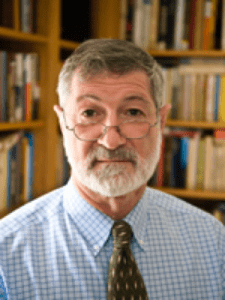
Dr. Ira Helfand – Helfand has worked for many years as an emergency room physician and now practices internal medicine at an urgent care center in Springfield, MA. He is a Past President of Physicians for Social Responsibility and is currently the Co-President of our global federation, the International Physicians for the Prevention of Nuclear War.
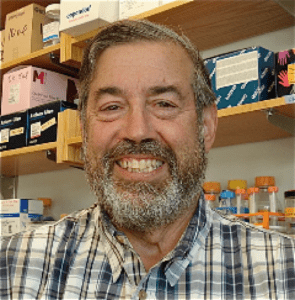
Jonathan A. King – King is professor of molecular biology at MIT, the author of over 250 scientific papers, and a specialist in protein folding. Prof. King is a former President of the Biophysical Society, former Guggenheim Fellow, and a recipient of MIT’s MLKJr Faculty Leadership Award. He was a leader in the mobilization of biomedical scientists to renounce the military use of biotechnology and strengthen the Biological Weapons Convention. He was a founder of a Jobs with Peace campaign in the 1980s and now chairs Massachusetts Peace Action’s Nuclear Weapons Abolition working group. He is also an officer of the Cambridge Residents Alliance and of Citizens for Public Schools.

Guntram Mueller – Mueller is Chair of Massachusetts Peace Action’s Nuclear Abolition Task Force and member of its Board, Guntram Mueller is an emeritus professor of mathematics at the University of Massachusetts at Lowell. He designed a wind turbine and formed a company to market it. Born in Germany, Mueller grew up in Toronto and is now a resident of Newton.
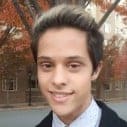
Lucas Perry – Perry is passionate about the role that science and technology will play in the evolution of all sentient life. He has studied at a Buddhist monastery in Nepal and while there he engaged in meditative retreats and practices. He is now working to challenge and erode our sense of self and our subject-object frame of reference. His current project explores how mereological nihilism and the illusion of self may contribute to forming a radically post-human consequentialist ethics. His other work seeks to resolve the conflicts between bio-conservatism and transhumanism.
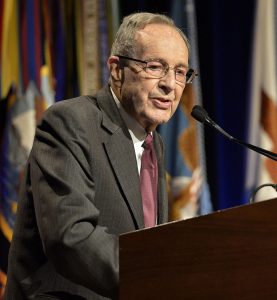
Secretary William Perry – Bill Perry is an American mathematician, engineer, and businessman who served as the United States Secretary of Defense from February 3, 1994, to January 23, 1997, under President Bill Clinton. He also served as Deputy Secretary of Defense and Assistant Secretary of Defense for Research and Engineering. Perry also has extensive business experience and currently serves on the boards of several high-tech companies and is Chairman of Global Technology Partners. He is a member of the National Academy of Engineering and a fellow of the American Academy of Arts and Sciences. Among Perry’s numerous awards are the Presidential Medal of Freedom (1997), Knight Commander of the Order of the British Empire (1998) and the Grand Cordon of the Order of the Rising Sun (2002), awarded by the Emperor of Japan.
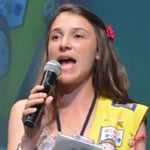
Mary Popeo – Popeo is a recent graduate of Boston College where she studied international relations and East Asia. She spent three summers in Japan conducting independent research on the effects of the Fukushima nuclear disaster on Hiroshima’s peace movement and walking 120 miles in an annual peace march. Mary volunteers with peace groups in the Boston area, such as Global Zero and the American Friends Service Committee. She is currently working at the Harvard Kennedy School and as a resident assistant at Showa Boston University of Language and Culture.
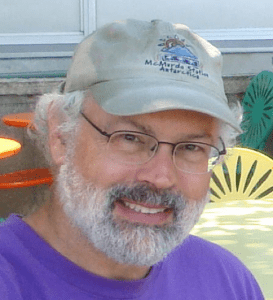
Alan Robock – Robock is a Distinguished Professor of climate science in the Department of Environmental Sciences at Rutgers University. He graduated from the University of Wisconsin, Madison, in 1970 with a B.A. in Meteorology, and from the Massachusetts Institute of Technology with an S.M. in 1974 and Ph.D. in 1977, both in Meteorology. Before graduate school, he served as a Peace Corps Volunteer in the Philippines. He was a professor at the University of Maryland, 1977-1997, and the State Climatologist of Maryland, 1991-1997, before coming to Rutgers. Prof. Robock has published more than 370 articles on his research in the area of climate change, including more than 220 peer-reviewed papers.

John Ratliff – Ratliff was political director of an SEIU local union in Miami, Florida, and relocated to Cambridge after his retirement in 2012. He is a graduate of Princeton University and Yale Law School. A Vietnam veteran and member of Veterans for Peace, he is a member of the coordinating committee of Massachusetts Senior Action’s Cambridge branch, and chair of Massachusetts Jobs with Justice’s Global Justice Task Force. As Mass. Peace Action’s economic justice coordinator he leads our coalition work with Raise Up Massachusetts for an increased minimum wage and sick time benefits, and against the Trans Pacific Partnership. He is the father of high school senior Daniel Bausher-Belton, who was an intern at Mass. Peace Action in summer 2013.
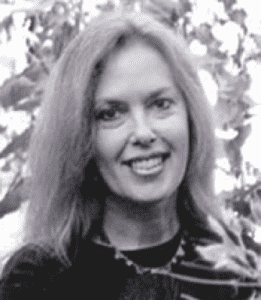
Elaine Scarry – Scarry is an American essayist and professor of English and American Literature and Language. She is the Walter M. Cabot Professor of Aesthetics and the General Theory of Value at Harvard University. Her books include The Body in Pain, Thermonuclear Monarchy, and On Beauty and Being Just.
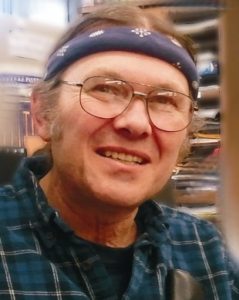
Paul Shannon – Shannon is program staff for the Peace and Economic Security program of the American Friends Service Committee (AFSC) in Cambridge, hosts regular educational forums at the Cambridge Public Library for the AFSC and has coordinated the National AFSC Film Lending Library for the past 26 years. For over 3 decades he has been active in various peace, union, prison reform, solidarity, economic justice and human rights movements particularly the Vietnam anti-war movement, the 1970’s United Farm Workers movement, the South Africa anti-apartheid movement, the 1980’s Central America and Cambodia solidarity movements, the Haiti Solidarity movement of the early 90’s and the Afghanistan and Iraq anti-war movement. Paul has been teaching social science courses at colleges in the greater Boston area for the past 27 years. Since 1982 he has been teaching a course on the history of the Vietnam War at Middlesex Community College and occasionally teaches professional development courses on the Vietnam war for high school teachers at Northeastern University and Merrimack Educational Center. He is past editor of the Indochina Newsletter and has written numerous articles for peace movement publications. He is on the Board of Directors of the community/fan organization, Save Fenway Park. He currently represents the American Friends Service Committee on the Coordinating Committee of the United for Justice with Peace Coalition.
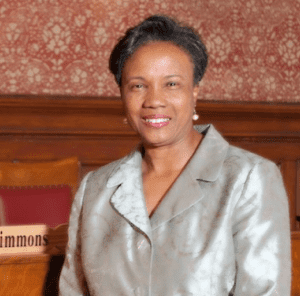
Denise Simmons – As Mayor of the City of Cambridge, Denise Simmons won praise for her open-door policy, for her excellent constituent services, and for her down-to-earth approach to her duties. She continues to bring these qualities to her work on the Cambridge City Council. She was sworn in to her second term as mayor on January 4, 2016.
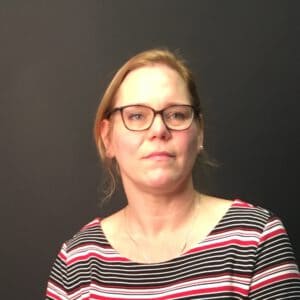
Susie Snyder – Mrs. Susi Snyder is the Nuclear Disarmament Programme Manager for Pax in the Netherlands. Mrs. Snyder is a primary author of the Don’t Bank on the Bomb: Global Report on the Financing of Nuclear Weapons Producers (2013, 2014, 2015) and has published numerous reports and articles, including the 2015 Dealing with a Ban & Escalating Tensions, the 2014 The Rotterdam Blast: The immediate humanitarian consequences of a 12 kiloton nuclear explosion; and the 2011 Withdrawal Issues: What NATO countries say about the future of tactical nuclear weapons in Europe. She is an International Steering Group member of the International Campaign to Abolish Nuclear Weapons. Previously, Mrs. Snyder served as the International Secretary General of the Women’s International League for Peace and Freedom, where she monitored various issues under the aegis of the United Nations, including sustainable development, human rights, and disarmament.
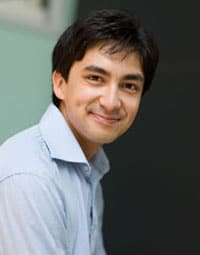
Geoffrey Supran – Longstanding interest in optoelectronics. Opportunities to overcome scientific and economic hurdles in solar cell design and significantly impact world energy markets are alluring. Hybrid devices combining the flexibility, large area and tunable absorption of low cost solution processable nanocrystals (or polymers) with the high carrier mobility of, for example, III-V semiconductors, appear promising. In particular, enhancement of photocurrent by nonradiative energy transfer and carrier multiplication is of interest. Additionally, the importance of a nanoscale test-bed for fundamental studies of photo-induced energy/charge transport motivates my curiosity for the investigation of stand-alone photovoltaic single nanowire heterostructures. I am also interested in the development of photoelectrochemical storage catalysts and the pursuit of coupled photovoltaic-electrolysis systems.
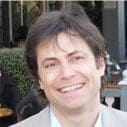
Max Tegmark – Known as “Mad Max” for his unorthodox ideas and passion for adventure, his scientific interests range from precision cosmology to the ultimate nature of reality, all explored in his new popular book “Our Mathematical Universe”. He is an MIT physics professor with more than two hundred technical papers and has featured in dozens of science documentaries. His work with the SDSS collaboration on galaxy clustering shared the first prize in Science magazine’s “Breakthrough of the Year: 2003.” He is founder (with Anthony Aguirre) of the Foundational Questions Institute.
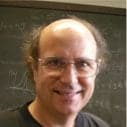
Frank Wilczek – Frank Wilczek is a physics professor at MIT and a 2004 Nobel laureate for his work on the strong nuclear force. He is known, among other things, for the discovery of asymptotic freedom, the development of quantum chromodynamics, the invention of axions, and the discovery and exploitation of new forms of quantum statistics (anyons). When only 21 years old and a graduate student at Princeton University, in work with David Gross, he defined the properties of color gluons, which hold quarks together in protons and neutrons.
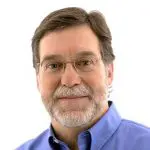
David Wright – David Wright is a nationally known expert on the technical aspects of nuclear weapons policy, missile defense systems, missile proliferation, and space weapons. He has authored numerous articles and reports on arms control and international security, including Toward True Security: Transforming U.S. Nuclear Weapons Policy, Securing the Skies: Ten Steps the United States Should Take to Improve the Security and Sustainability of Space, and The Physics of Space Security.
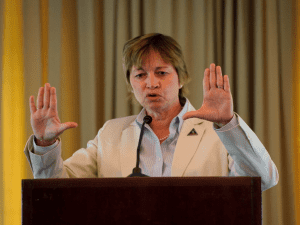
Maria T. Zuber – Zuber is a member of the National Science Board and the Vice President for Research at the Massachusetts Institute of Technology, where she also holds the position of the E. A. Griswold Professor of Geophysics in the Department of Earth, Atmospheric and Planetary Sciences. Zuber has been involved in more than half a dozen NASA planetary missions aimed at mapping the Moon, Mars, Mercury, and several asteroids. She is currently the principal investigator for the Gravity Recovery and Interior Laboratory (GRAIL) Mission, which is managed by NASA’s Jet Propulsion Laboratory.
Organizers
We would like to extend a special thank you to our Program Committee and sponsors for all their help creating and organizing this event.
Prof. Aron Bernstein (MIT, Council for a Livable World), Abel Corver (Harvard University), Joseph Gerson (AFSC), Subrata Ghoshroy (MIT), Prof. Gary Goldstein (Tufts University), Cole Harrison (Mass Peace Action), Jonathan King (MIT and Mass Peace Action), Guntram Mueller (Mass Peace Action), Mary Popeo (Global Zero), John Ratliff (Mass Peace Action, Mass Senior Action), Mareena Robinson (Global Zero), Prof. Elaine Scarry (Harvard University), Prof.Max Tegmark (MIT, Future of Life Insitute), Patricia Weinmann (MIT Radius).
Sponsored by MIT Radius (the former Technology and Culture Forum), Massachusetts Peace Action, Future of Life Institute, MIT Global Zero, the American Friends Service Committee, and the Women’s International League for Peace and Freedom – Boston Branch.
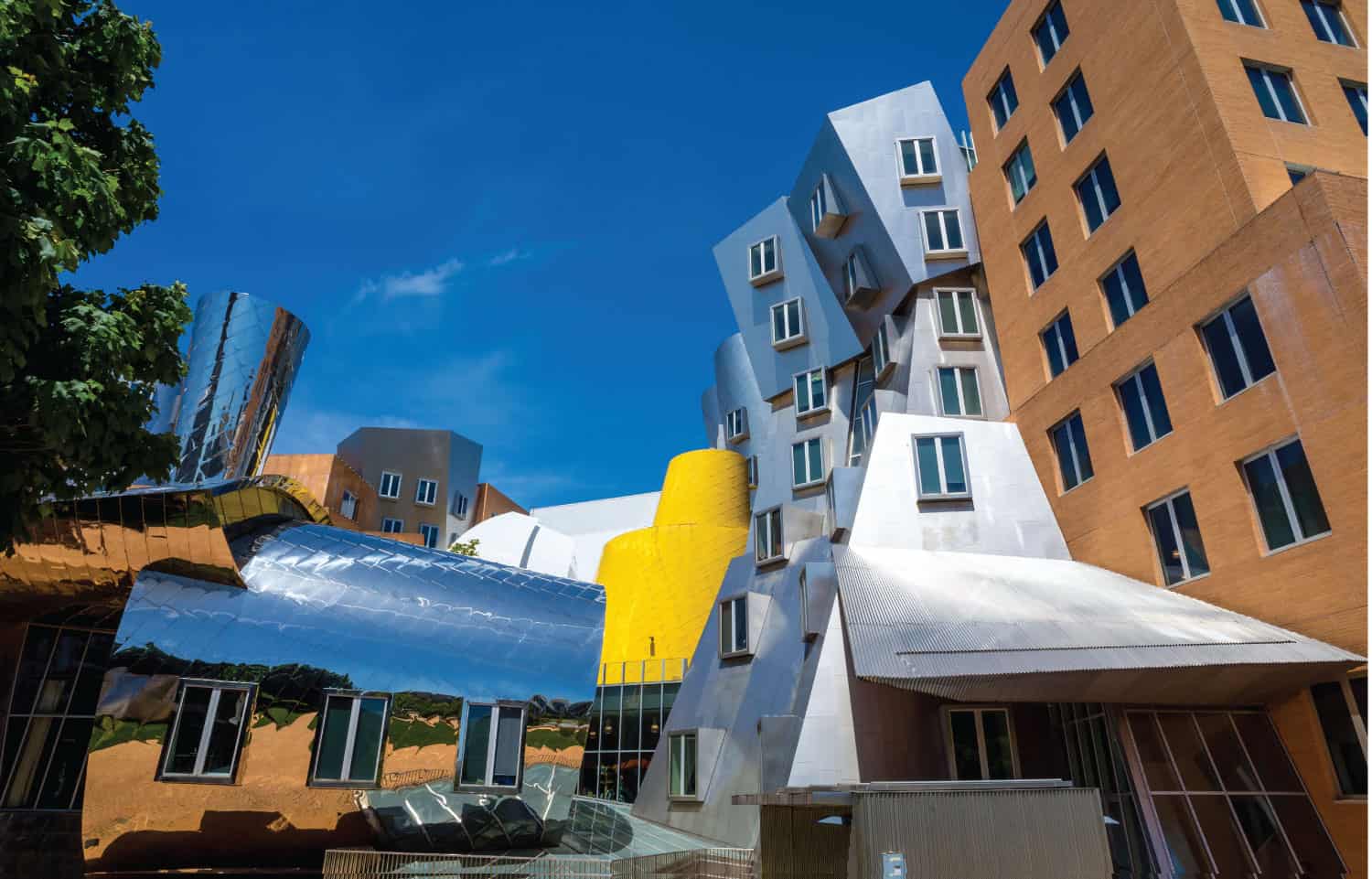
About the Future of Life Institute
The Future of Life Institute (FLI) is a global think tank with a team of 20+ full-time staff operating across the US and Europe. FLI has been working to steer the development of transformative technologies towards benefitting life and away from extreme large-scale risks since its founding in 2014. Find out more about our mission or explore our work.
Related content
Other posts about Events
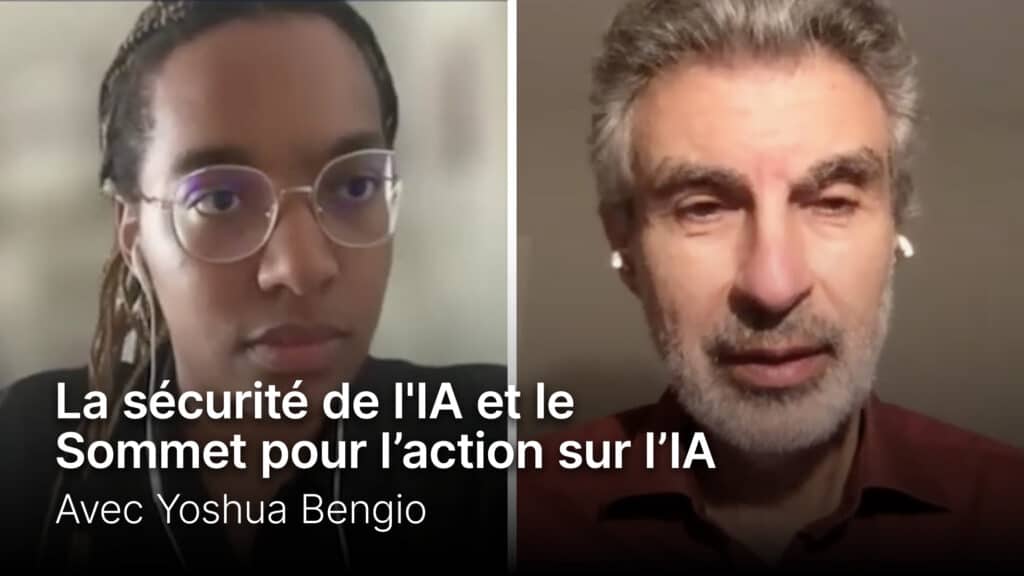
Paris AI Safety Breakfast #3: Yoshua Bengio
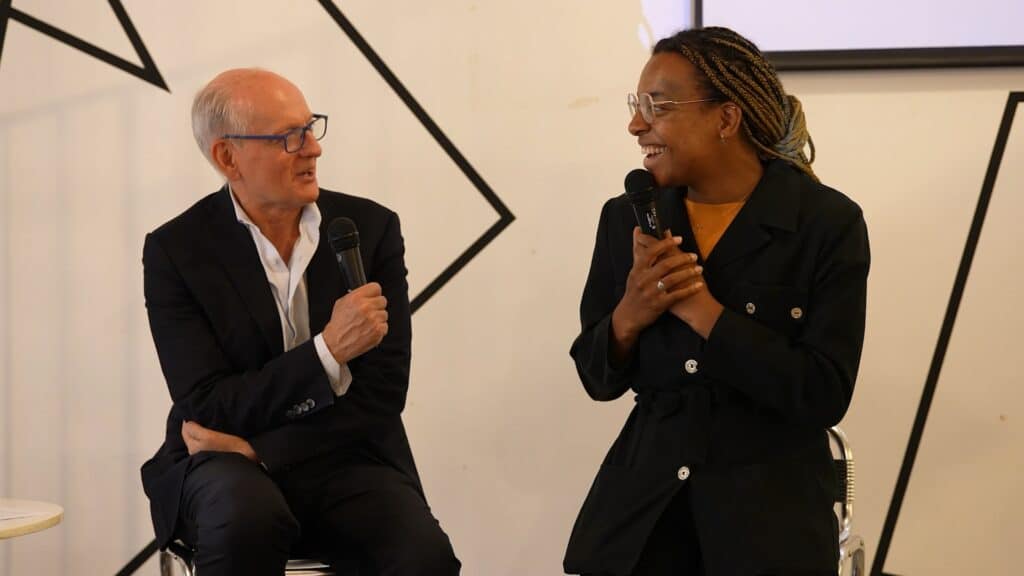
Paris AI Safety Breakfast #1: Stuart Russell

AIS Program

Augmented Intelligence Summit Speakers
Some of our events

Augmented Intelligence Summit
